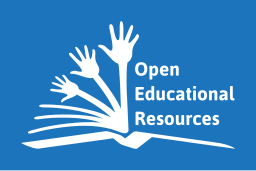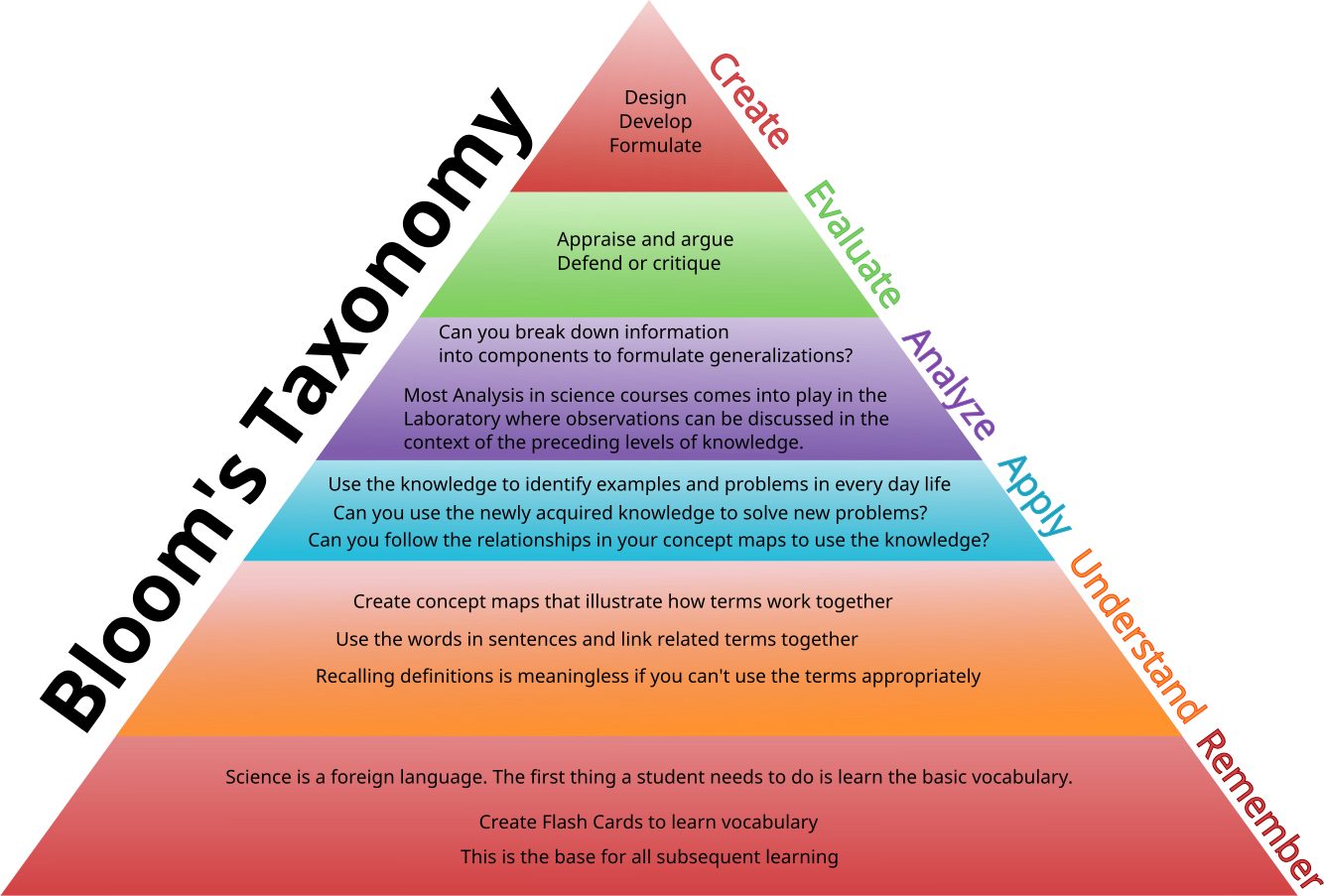OPENSTAX BIOLOGY SUPPLEMENT
This site serves as a supplement for the reading for General Biology I. You will find the lecture schedule and links to additional materials here and see that it is broken down into 4 units covering the 4 exams. These materials contain overall learning objectives to be aware of prior to and after reading. These links also provide videos and simulations that will aid in understanding provided you take an active role in utilizing these resources.

Credit: Jonathas Mello [CC-BY 3.0]
Use the supplemental material as a supplement and not the primary reading. As an Open Educational Resource, this site curates vetted material to keep the course as a part of the Zero Textbook initiative.
TEXTBOOK
Biology (available in as PDF, online viewing, hardcopy, read-aloud )
- Publisher: OpenStax (2018)
- ISBN-10: 1947172514
- ISBN-13: 978-1947172517
SUGGESTIONS FOR SUCCESS
- Read the chapters BEFORE class
- reading ahead makes you aware of the words so the instructor can clarify
- Take notes ACTIVELY in class
- don’t rely on flipping through the slides the night before the exam
- your notes will not be organized on first pass so re-write them with the aid of the textbook
- Be AWARE of announcements
- ensure you check Blackboard regularly
- ensure you utilize you school email for additional announcements
- faculty make announcements and can only push to official school email
- KNOW your lecture instructor and lab instructor
- your instructors will provide you with email contact information as well as office hours
- If you encounter any serious difficulties during the semester, it is suggested that you make an appointment with an instructor to discuss them.
- KNOW your classmates
- form study groups and ensure you can receive missing work from others
- Be RESPONSIBLE
- contact your instructor if you are going to miss class or an exam
- Be PROFESSIONAL
- You are in an institute of higher learning, so address your instructor as Professor and be respectful
- Learn to communicate by email in a professional manner.
- Follow the guidelines for email contact here
STRATEGIES FOR LEARNING
Being a successful learner means understanding how knowledge is acquired and utilized.

Credit: Jeremy Seto [CC-BY-NC-SA 4.0]
- Remember
- Science is a foreign language. The first thing a student needs to do is learn the basic vocabulary.
- Create Flash Cards to learn vocabulary
- This is the base for all subsequent learning
- Understand
- Recalling definitions is meaningless if you can’t use the terms appropriately
- Use the words in sentences and link related terms together
- Create concept maps that illustrate how terms work together
- Use the following tutorial to learn how to do this
- Apply
- Can you use the newly acquired knowledge to solve new problems?
- Can you follow the relationships in your concept maps to use the knowledge?
- Use the knowledge to identify examples and problems in every day life
- Analyze
- Can you break down information into components to formulate generalizations?
- Analysis of elements
- Analysis of relationships
- Analysis of organization
- Most Analysis in this course comes into play in the Laboratory where observations can be discussed in the context of the preceding levels of knowledge.
- Can you break down information into components to formulate generalizations?



